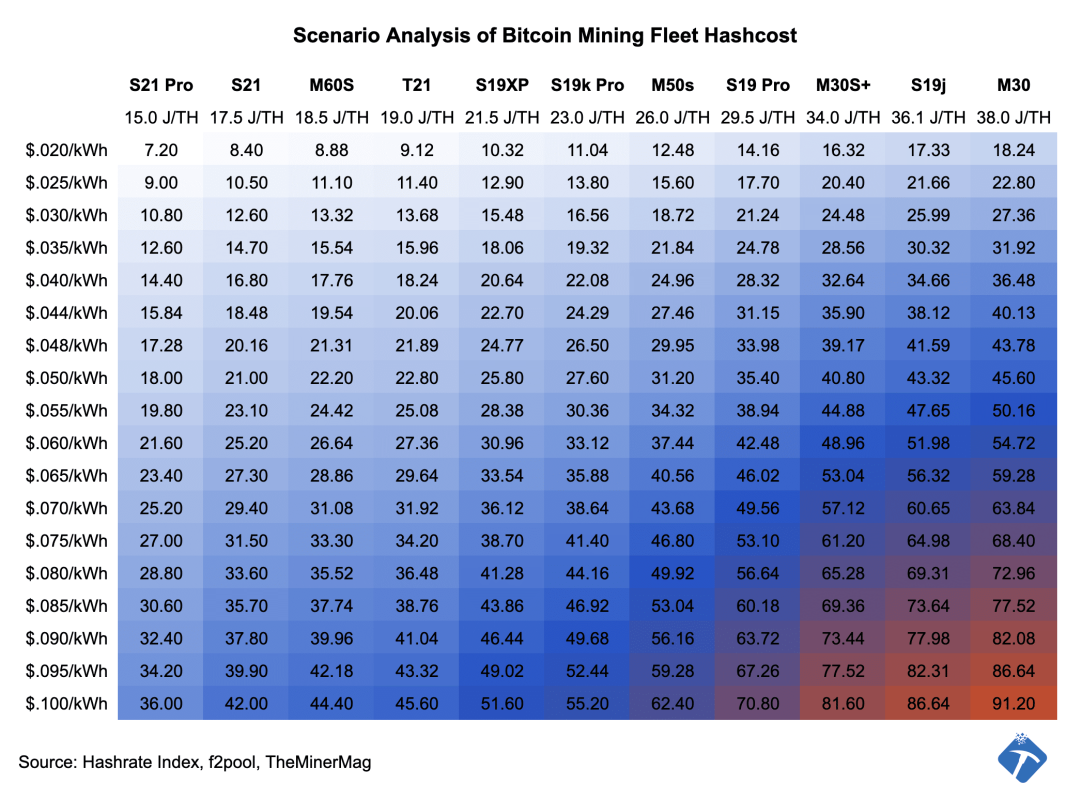Michael Saylor, the CEO of MicroStrategy (MSTR), is a well-known cryptocurrency enthusiast. It’s been said that he has handed over operational control of MicroStrategy to others. On Tuesday, MicroStrategy (MSTR) announced that founder and CEO Michael Saylor would be leaving his position as the CEO.
Moving ahead, Saylor will take on a new position as executive chairman to concentrate on the firm’s bitcoin strategy. The president of MicroStrategy, Phong Le, will succeed Saylor as CEO. Since its inception in 1989, Saylor has held the title of CEO. MicroStrategy IPOed in 1998.
MicroStrategy’s CEO steps down amid losses
On Tuesday, MicroStrategy announced quarterly earnings that were below Wall Street expectations. Revenue was $122.1 million compared to forecasts of $126 million. The company’s bitcoin holdings resulted in losses of $918.1 million, according to the Securities and Exchange Commission (SEC).
MicroStrategy’s stock has fallen 47.5% this year, while Bitcoin’s value has dropped by more than 51%. MicroStrategy said that Saylor will concentrate on “innovation and long-term corporate strategy,” as well as continuing to provide supervision of the company’s bitcoin acquisition strategy in a statement.
I believe that splitting the roles of Chairman and CEO will enable us to better pursue our two corporate strategies of acquiring and holding bitcoin and growing our enterprise analytics software business. As Executive Chairman I will be able to focus more on our bitcoin acquisition strategy and related bitcoin advocacy initiatives, while Phong will be empowered as CEO to manage overall corporate operations.
Michael Saylor
Phong Le has been the President of Microstrategy since July 2020. He also held various senior executive roles at MicroStrategy since joining in 2015, including CFO and COO. Mr. Le has successfully led the company’s software business, delivering one of the best operational and financial years in the firm’s software business history in 2021.
He has successfully guided the transition of a software company to the cloud, boosted enterprise and embedded analytics growth, and implemented the company’s first bitcoin acquisition strategy. He also oversaw the implementation of a pioneering bitcoin buyback plan for the firm.
At the end of Q2, MicroStrategy’s digital assets (around 129,699 bitcoins) had a carrying value of $1.988 billion. Since the acquisition, cumulative impairment losses have been $1.989 billion, according to the company’s statement. It also indicates an average amount per bitcoin of about $15,326 in a release.
According to the company’s SEC filings, the MicroStrategy bitcoin had an original price basis of $3.977 billion and a market value of $2.451 billion. According to these documents, the value comprises an average cost per bitcoin of about $30,664 and a market price per bitcoin of $18,895.02.
The impairment charges do not reflect the company’s current bitcoin investment value. However, they provide fresh evidence for how tough the crypto market has been on bitcoin’s largest known corporate holder.
As of Tuesday afternoon, bitcoin has recovered 23% from its low of $17,708 per coin on June 17 and is now 51 percent below year to date. However, it remains 42 percent lower than the all-time high reached in November 2021.
Losses amount for the entity; will it survive?
Technically, MicroStrategy may be in the business of selling enterprise software and cloud-based services. However, Saylor maintains that the publicly listed firm doubles as the first and only bitcoin spot exchange-traded fund in the United States.
MicroStrategy has invested $4 billion into bitcoin since its inception in the third quarter of 2020. To accomplish it, MicroStrategy issued corporate debt, convertible bonds, and shares and borrowed with some of its bitcoin.
Following this news, MicroStrategy shares were little changed in after-hours trading. The stock has risen over 60% in the last month while falling more than 50% year to date.
The lack of transparency on who owns what and how they manage it is problematic. In the case of this firm, there’s no one answer: whether you’re talking about its other assets or its bitcoin position. MicroStrategy has to record the price it paid for bitcoins as a loss if bitcoin’s value drops under Generally Accepted Accounting Principles (GAAP).
Between May and July 14, investors have been shorting MSTR shares at an increasing rate, with the quantity of MSTR shares shorted growing by 1.19 million from 2.4 to 3.6 million shares and a notional value of over $1 billion in short bets based on financial data.
Since the Bitcoin price retracement in 2018, MicroStrategy’s stock has been under a lot of strain. Despite Michael Saylor’s Bitcoin wager being backed by crypto advocates, several cryptocurrency experts believe it is a poor idea for a publicly listed business.
In the last 30 days alone, 1.2 million more shares have been shorted than at any previous period in history, according to market analysis. Meanwhile, Michael Saylor appeared to be utterly unaffected by the news, tweeting in much the same way as usual. He regularly praises Bitcoin on his Twitter account, which has over 2.5 million followers.





